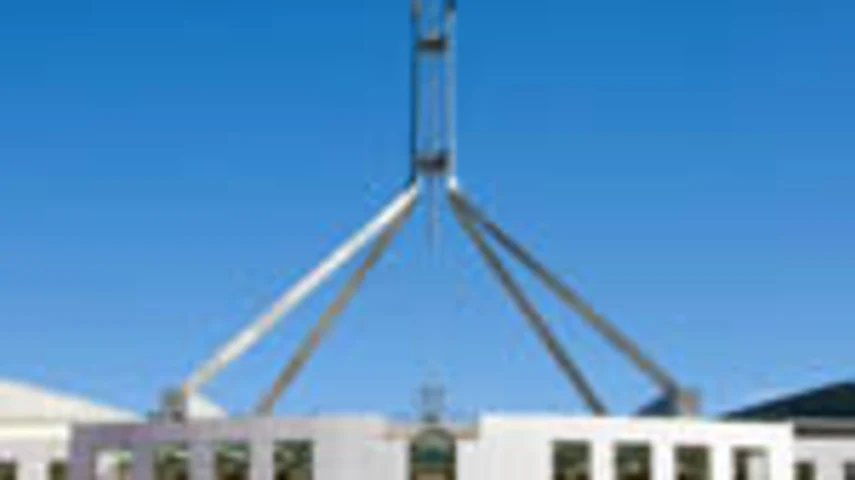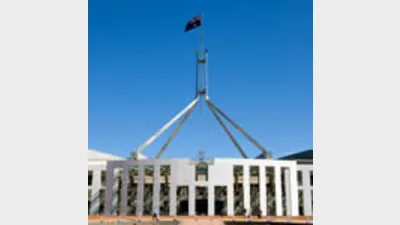ASFA calls for increased SG and contributions tax rebate in Budget




A commitment to an increase in the superannuation guarantee to (SG) 12 per cent and a contributions tax rebate for low-income earners are at the top of the Association of Superannuation Funds of Australia’s (ASFA) pre-Budget submission wish list.
Those two measures would result in higher take home pay and higher retirement savings and retirement incomes than the measures proposed by the Henry Review, at lower cost to the Budget, according to ASFA chief executive Pauline Vamos.
An average wage earner on $60,000 a year would receive net superannuation contributions around $560 a year higher with an extra $65 per year in take home pay under these measures compared to the Henry Review proposals, according to ASFA data.
The ASFA submission also recommended the removal of the $450 per month earnings threshold for receiving SG contributions, which would benefit around 200,000 women and 130,000 men, who could receive $1,000 or more of superannuation contributions each year.
ASFA also called for two measures that would particularly address the retirement adequacy of women — the introduction of superannuation contributions on paid parental leave, and for the contribution caps for concessional contributions to be fixed at $50,000 for those under 50, and at $100,000 for those aged 50 and over.
“Now is the time to allow people, particularly women, with lower account balances and lower incomes to start to catch up,” Vamos said.
“Policymakers need to be mindful that there is significant community interest and awareness of adequacy and superannuation and the need for the Budget to address this.”
Recommended for you
The two funds have announced the signing of a non-binding MOU to explore a potential merger.
The board must shift its focus from managing inflation to stimulating the economy with the trimmed mean inflation figure edging closer to the 2.5 per cent target, economists have said.
ASIC chair Joe Longo says superannuation trustees must do more to protect members from misconduct and high-risk schemes.
Super fund mergers are rising, but poor planning during successor fund transfers has left members and employers exposed to serious risks.











